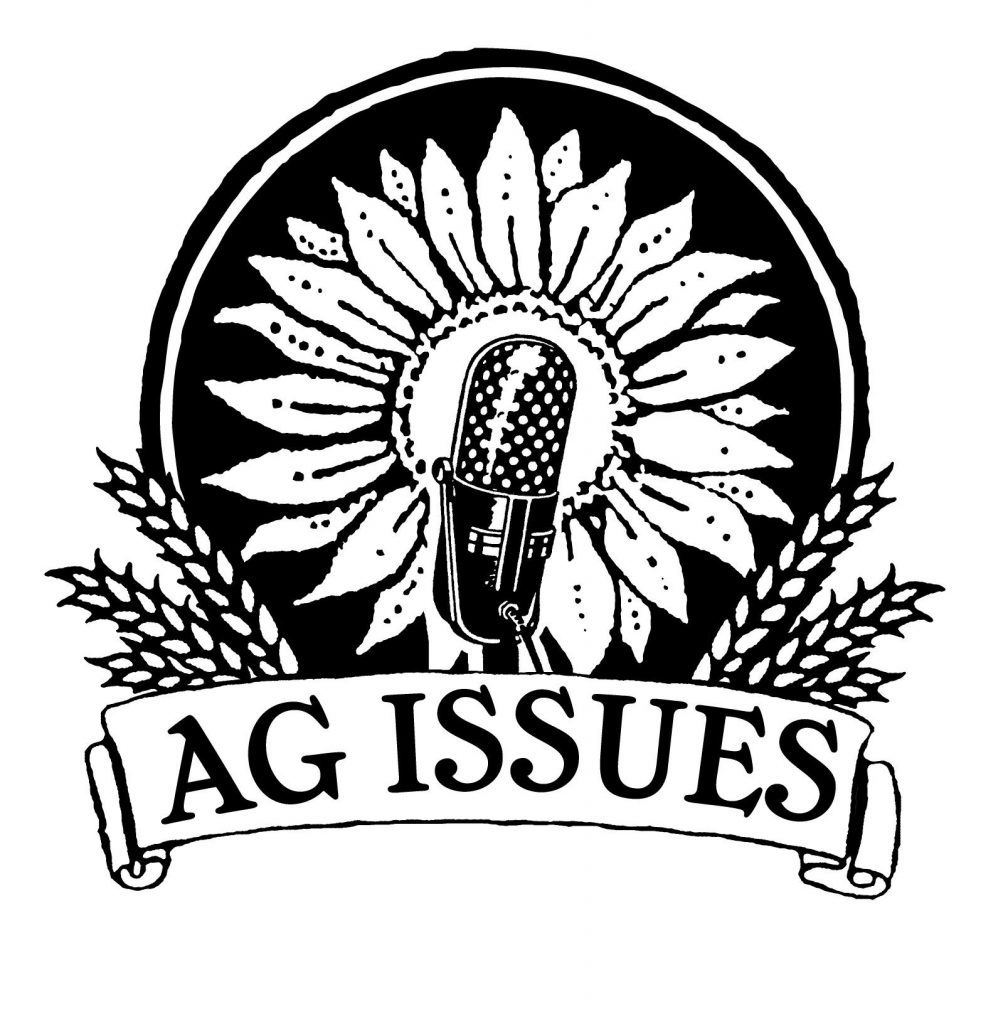
The Dakotan: This is Ag Issues with Neil Roberts. Neil Roberts: Welcome to another edition of Ag Issues. Our guest this week is in the spring. Wheat breeder Andrew Green. And Andrew, let's talk disease in this report feels is big. I know. Tell us more about it. Andrew Green: Yeah, so blue stands for bacterial leaf streak, which is a disease that can affect wheat and barley. But as a wheat breeder, that's my primary focus is on selecting for resistance in wheat. And this is a particular importance in our program because really aside from clean seed and good crop rotations, there is no other management that can be done, especially in season, to mitigate this disease. So a variety of resistance is going to be one of the most critical, if not the only factor that a person can do to prevent yield loss due to this disease. Neil Roberts: All right, good stuff. Andrew. Hey, we'll talk more spring wheat diseases when we come back. The Dakotan: You're listening to Ag Issues with Neil Roberts on the Dakotan network. Neil Roberts: Talking spring wheat with NDSU's Andrew Green. Andrew, tell us your approach in some of this fascinating research. Andrew Green: Yes. So bacterial streak is kind of tricky because when you get a natural infection in the field, it's affected by a lot of different things. This often is a rain driven disease, relative humidity, high relative humidity, high dew points, leaf abrasions from either hail or high winds. And so it's very sensitive to the growth stage of the crop so if we have a thousand experimental lines in a field and a thunderstorm comes through and infects this field with bacterial leaf streak, we can go out and take observations on that field. But it's going to be a little bit confounded because we're not really getting a fair assessment of everything. So we actually do inoculated nurseries that are very much controlled where we keep an eye on that maturity and make sure we keep as many things consistent as possible in order to find genetic resistance to the disease. And we're not just selecting for sort of environmental anomalies that come up throughout the growing season. Neil Roberts: All right, good stuff, Andrew. Thanks for that. And that puts a wrap on this report. Until next time. I'm Neil Roberts. The Dakotan: You're listening to the Dakotan Network. Real. Honest. Local news.